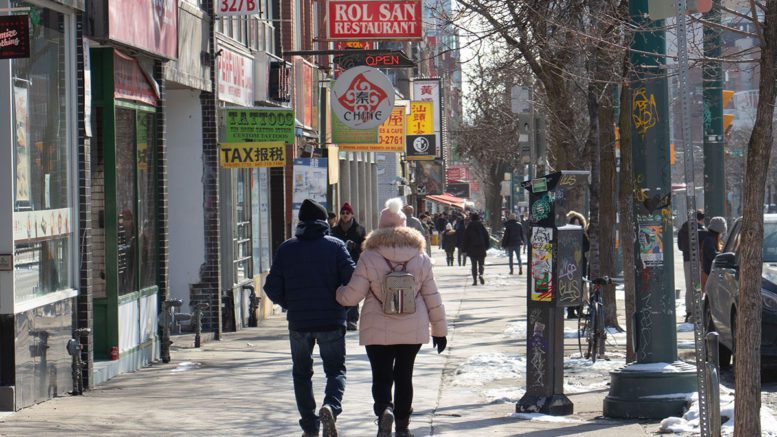Lunar New Year is an important time for members of the Asian community in Toronto. This year, though, COVID-19 has changed everything.
Following Chinese tradition, the first day of the Lunar New Year begins when the first new moon occurs between Jan. 21, and Feb. 20 and it continues until the full moon 15 days later. In countries that take part in the Lunar New Year, it is a time of celebration, when friends and family gather, when food is enjoyed and when gifts are exchanged.
However, this year, COVID has forced changes. Families in separate households can’t gather, restaurants are unable to serve people in-person, and festivals have to be held virtually.
This has compelled those who normally take part in and organize Lunar New Year festivals to adapt and think of ways innovate while still keeping some of the spirit alive.
“We decided to pivot very early on to a virtual format,” said Michael Lin, an event organizer for LunarFest GTA, a festival that since 2012 celebrates the Lunar New Year with different events and artist collaborations.
“Once you go virtual, it’s good and bad in many ways,” Lin said. “The good is that you’re expanding your audience base. It’s almost like a global audience now, versus just the local community… A drawback of going virtual is that in-person feeling that you get. Around the time around the Lunar New Year, gathering amongst friends and family is a very important part.”
Other Lunar New Year events, such as those that occur annually in Chinatown, have also had to be changed.
“In terms of turnout, we don’t have any [physical] turnout this year,” said Tonny Louie, chair for the Chinatown BIA, when asked about how this Lunar New Year will differ from previous years.
“We made a virtual presentation, a one-hour video with the dragon dance, the food presentation and the lantern show,” Louie said. “At Huron and Dundas [streets], we’ve got the light-up of lanterns, handmade by 90 participants, each panel of the lantern individually designed. We’ll try to do everything digital just to keep the interest alive.”
Another important part of the Lunar New Year celebration is food. Depending on the culture different dishes signify luck or prosperity for the new year.
While families are still able to cook and enjoy traditional foods together, they are unable to go out and enjoy them in a restaurant with other family members and friends. To compensate for this change, restaurants have found a way to bring the food to them.
“Lunar New Year is a really important time for the Asian community,” said Trevor Lui, a Toronto chef and restaurateur who along with Hong Shing restaurant and others within the food industry, collaborated to create an eight-course Lunar New Year meal kit.
“I think it’s really hard to replace the emotion around being with people that you love,” Lui said. “What this does, though, is help provide a semblance of that. We want to take away the arduous task of preparing all that food and have that experience of Lunar New Year at home.”
With vaccines on the horizon, people celebrating the Lunar New Year virtually are hoping net year they can celebrate the way they normally do.

